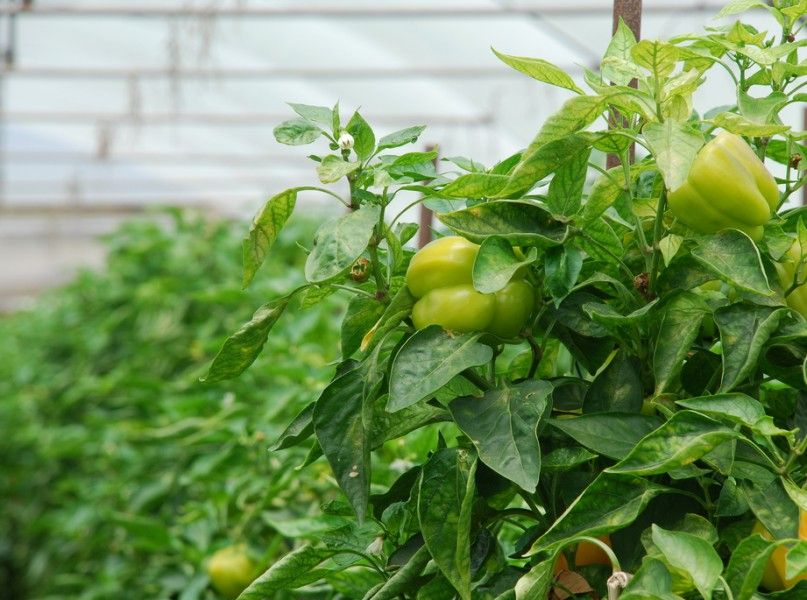 By: Nitza Kardish, CEO, Trendlines Agtech.
By: Nitza Kardish, CEO, Trendlines Agtech.
This article is based on the original, which appeared on March 26, 2014, in the Opinions section of The Marker, a Hebrew-language business newspaper.
The State of Israel can and must encourage agricultural research and development. In parallel, it must establish a business model to make agricultural development profitable and give a healthy return on investment.
The world has already seen the birth of its 7 billionth baby. According to the UN Population Fund, the world’s population has increased by no less than 78 million people every year. More people means more (and more) mouths to feed.
With existing resources, agricultural production already has a difficult time keeping up with demand. The consequences are clear: hunger is on the rise in many parts of the world.
In Asia, Africa, and other countries, there is a huge demand for advanced food and agricultural technology to compensate for the lack of resources — fertile land, water, energy — and to address the population demands.
Agritech Then and Now
Israel pioneered the field of intense agriculture and developed advanced agricultural technologies such as drip irrigation that “made the desert bloom” and computerized dairy farm systems that improve herd management. Its agricultural knowledge, prowess, and produce was both highly valued and widely sought. Israeli know-how contributed to agricultural development in India, Africa, and other countries throughout the developing world.
Over the years, however, Israeli society and its innovation focus shifted from agritech to information technology, military defense, and medicine. Investments in agricultural R&D and agricultural education declined, which greatly affected the commercialization of agricultural technologies (in spite of the country’s more than 200 active agricultural research groups).
Encouraging Signs … and Growth
Global companies keep a sharp eye on the medical-related innovations coming out of Israel. This same phenomenon is just starting in agritech. Global players are scouting Israeli agricultural initiatives and solutions. Investors are looking at opportunities in agritech and evaluating start-ups and entrepreneurs in the sector. In the next few years, when companies now in the nascent stage of development are ready to commercialize their products and proven technologies, they will make attractive targets for these players. Israel can and must encourage agricultural education and research. In parallel, it must develop the business climate to ensure that investments in this sector are profitable.
Unquestionably, Israel has the knowledge, the tools, and the ability to lead the “agricultural revolution” and become the Agritech Valley of the world. But the question remains: Will Israel exploit this window of opportunity and “plow the first furrow” to restore its leadership in a market where there is always a growing demand — food?
Trendlines Agtech establishes early-stage agricultural technology companies. It is part of The Trendlines Group. www.trendlines.com
FEATURED PHOTO: State of Israel/Flickr





